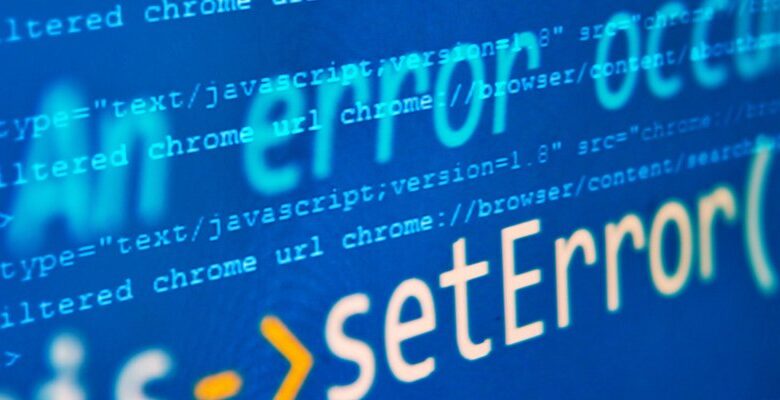HMRC working to resolve system glitch that doubles self-assessment tax rebates

HM Revenue & Customs (HMRC) is working to fix a glitch in communications between systems that has seen self-assessment tax rebates paid twice to some claimants.
A communications glitch between HMRC’s Pay As You Earn (PAYE) and its Computer Environment for Self Assessment (CESA) systems, which causes duplicated payments, is being investigated.
The government department admitted to the problem, but said it is very rare. A spokesperson said: “This scenario affects only a tiny group of self-assessment customers in highly specific circumstances.”
PAYE is supported by Capgemini while Fujitsu operates CESA, but HMRC said the issue is about the way it designed the overall system and its processes rather than anything to do with the CESA or PAYE systems “in isolation”.
HMRC was made aware of the problem by Post Office scandal campaigner Tim McCormack, who wrote to department boss Jim Harra on 22 January.
McCormack is a renowned campaigner for subpostmasters fighting the Post Office in the Horizon IT scandal. In 2015, he wrote to former Post Office CEO Paula Vennells, warning about an error in the Post Office’s controversial Horizon system that was causing unexplained account shortfalls, which subpostmasters were held responsible for.
In his email to Harra, McCormack warned: “You have a problem with your computer system and with those that are running it. It has affected me recently and my research on the internet indicates it is a problem that has reoccurred in different guises over many years without being addressed properly.”
He added: “The interesting part of the problem from your perspective is that it is one that is losing HMRC money, in contrast to the Post Office [Horizon] problems that were in fact benefiting the Post Office.”
McCormack received an email from HMRC on 10 February, inviting him to an online meeting four days later, which, in a sign of how seriously the department was taking the issue, five HMRC representatives attended.
Computer Weekly contacted HMRC about the issue on 29 January, a week after McCormack’s email to Harra.
HMRC explained the cause of the error to Computer Weekly: “Mr McCormack’s self-assessment record was made dormant after his 2022-23 tax return and an exit letter was issued to advise him that he no longer needed to submit a self-assessment tax return unless circumstances change in the future as he did not meet the criteria to submit one.”
HMRC said at this time, the link between HMRC CESA and PAYE IT systems ends and they no longer share information.
“However, Mr McCormack submitted a voluntary self-assessment tax return for 2023-24 in April 2024, despite not meeting the criteria to file a return. As he had included bank details on his return, our Self Assessment IT system processed the return and the refund payment,” HMRC explained.
It said the PAYE system did not know that the refund had been issued via the CESA system following receipt of the voluntary return for 2023-24. The PAYE system then reconciled the 2022-23 year. “We acknowledge that there is a very niche scenario, where our CESA and PAYE systems can both reconcile a tax year resulting in duplicate refunds being issued.”
HMRC said it is investigating the issue, but that “due to the specific criteria involved it affects a very small proportion of self-assessment customers”.
It added: “Of that low volume, some will be paper returns and would have been picked up.”
HMRC said it has two processes in place to identify these mistakes but is “working to ensure that those cases that aren’t caught by the processes do not result in duplicate payments”.
It thanked McCormack for bringing the problem to its attention. “We’re grateful to Mr McCormack for his cooperation as we work to resolve the issue.”
He was not the first person to flag a duplicated payment. Last year, in an HMRC community forum, one taxpayer described a similar problem. “I filed my tax return, having worked out what my tax overpayment refund should be. HMRC refunded this amount into my bank account in July. Then I received a cheque through the mail for the original repayment,” the taxpayer wrote. “Nowhere on any of the help pages is there information on how to refund the money back to HMRC that they have overpaid me.”




